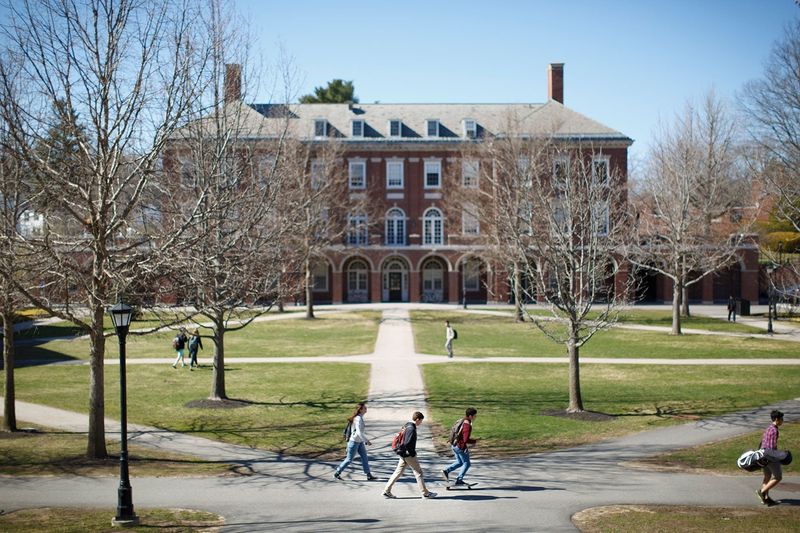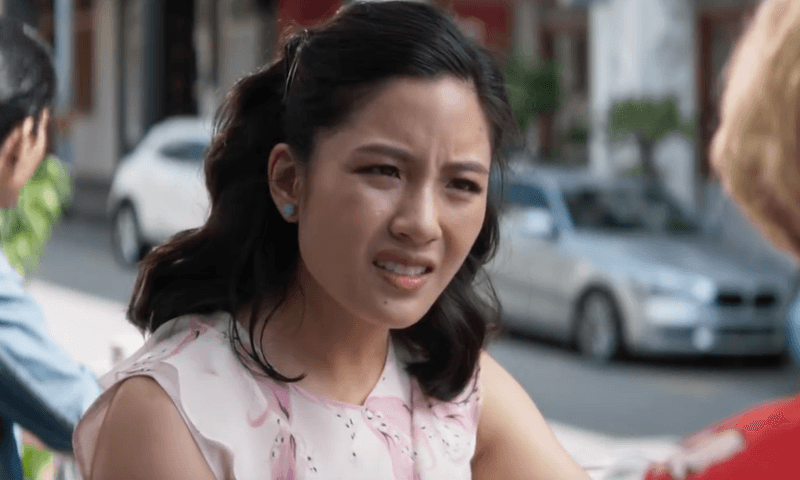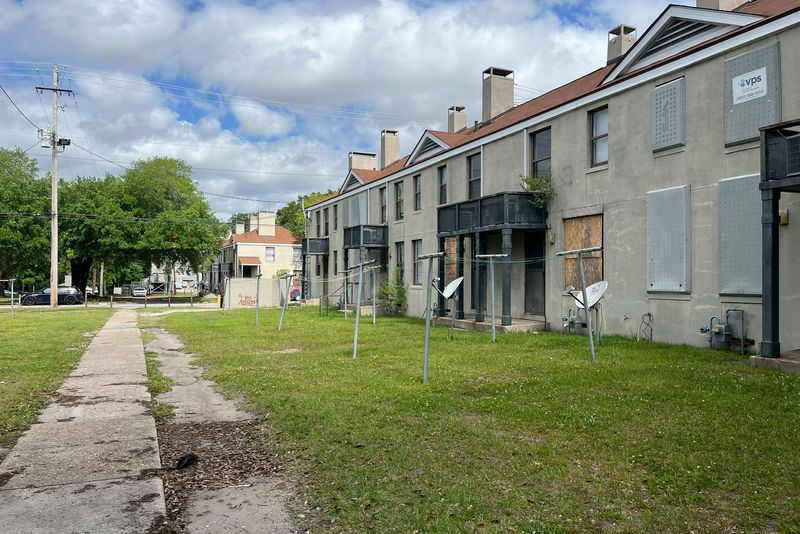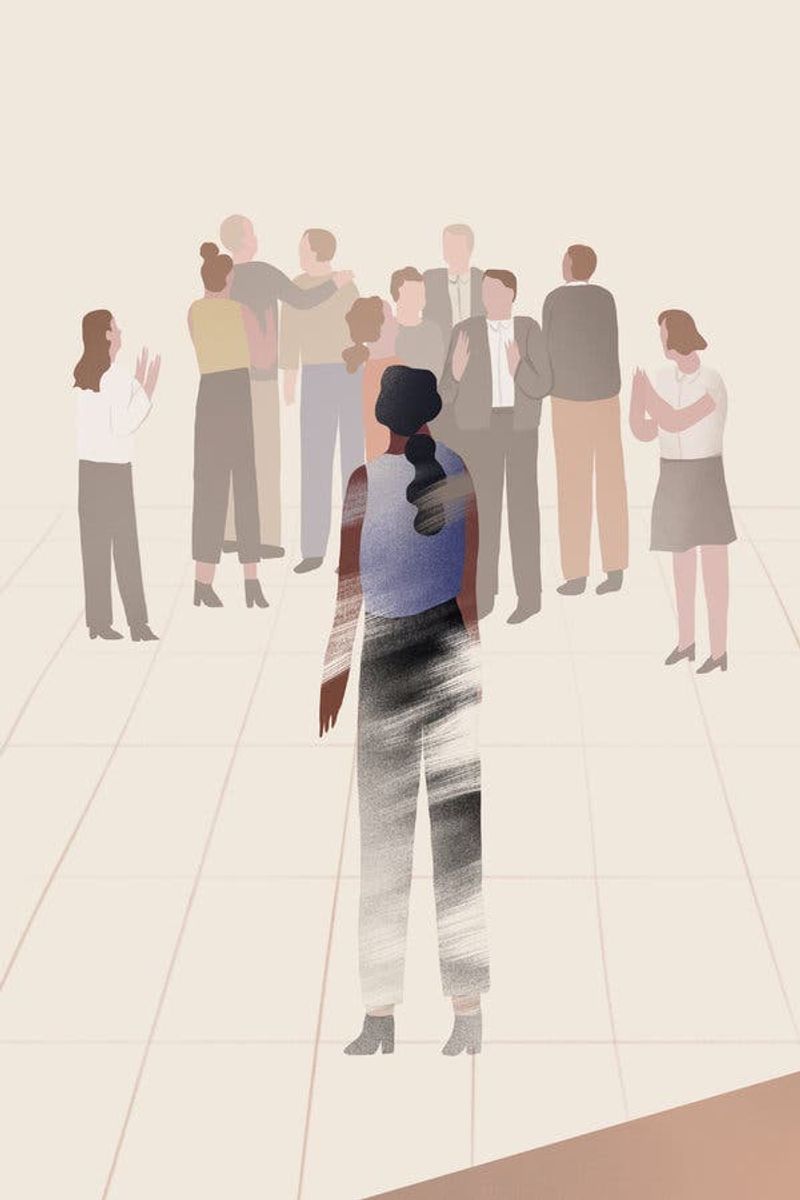19 Things Privileged People Thought Were Normal Growing Up That Are Definitely Not
Growing up, many of us took certain comforts for granted, unaware that these were not universal experiences.
Privileged backgrounds often lead to assumptions that might seem obvious only upon reflection. Here, we explore 19 things that privileged people often considered normal, revealing an unspoken advantage that shaped their worldview.
1. Calling therapy “self-care,” not survival

Therapy is often framed as an act of self-care, a way to better oneself. However, for many, therapy is a necessity, a means of survival in a world that seems stacked against them. Privileged individuals might see therapy as an optional luxury, something to do when time permits.
In contrast, others use it as a lifeline, desperately needed to navigate life’s challenges. The ability to choose therapy, rather than need it, is a significant distinction. It highlights how some view mental health as a priority within their means, while others may only dream of such support.
2. Thinking vacations were just part of life

For some, vacations are an annual tradition, eagerly anticipated and fondly remembered. They’re seen as a right, a way to escape and relax. Yet, for many families, vacations are a luxury far out of reach. Time off work isn’t an option when every dollar counts, and travel is a fantasy rather than a reality.
The assumption that vacations are a given fails to recognize the struggle many face just to make ends meet. This perspective can inadvertently widen the gap between those who take leisure for granted and those who tirelessly work without respite.
3. Having a car at 16 like it was a right

In many affluent communities, receiving a car at 16 is almost a rite of passage. It symbolizes freedom and independence, a step towards adulthood. However, this experience isn’t universal. Many teens rely on public transportation or family members for rides, unable to afford their own vehicle.
The expectation that a car is a given overlooks financial realities faced by countless families. It highlights a divide where transportation is a privilege, not a right, and freedom of movement is taken for granted by those who have never known otherwise.
4. Assuming college was the default path

College is often seen as the next logical step after high school, a default path for success. Yet, this view doesn’t account for those who can’t afford higher education or choose different routes. Privileged individuals may view college as a given, overlooking the financial burdens and alternative paths others face.
For many, entering the workforce immediately after school is a necessity, not a choice. This assumption can perpetuate a narrow view of success, failing to recognize diverse and valid life paths that don’t involve a traditional college education.
5. Believing “hard work” always pays off

The adage that “hard work pays off” often rings true for those in privileged positions. Yet, this belief can ignore systemic barriers that prevent many from achieving success despite their efforts. Hard work doesn’t always translate into opportunity, particularly for those facing discrimination or economic hardship.
Privileged individuals may overlook these obstacles, assuming their path is accessible to all. This mindset can inadvertently dismiss the challenges others face, reinforcing a meritocratic myth that doesn’t account for the complex realities of societal inequities.
6. Calling food “gross” without knowing hunger

Calling food “gross” or turning down a meal is a privilege often unnoticed. For many, the luxury of choice or preference in meals is far from their reality. Hunger is a daily challenge, and any food is a blessing, not an option to be dismissed.
Privileged individuals may not recognize that rejecting food is an unheard-of concept for others. This disparity in experience highlights how privilege can influence perceptions of basic needs, creating a divide in understanding the true value and necessity of nourishment.
7. Taking health insurance for granted

Health insurance is often seen as a standard part of life, a safety net ready when needed. Yet, for many, it’s an elusive and costly necessity. Privileged individuals may take their coverage for granted, unaware of the struggles others face without it.
The peace of mind that comes with insurance is a luxury, not a given, for countless people. This gap in experience underscores a significant divide in access to healthcare, highlighting how privilege can shape perceptions of what is considered “normal” in terms of health and security.
8. Thinking private school was the norm

For some, private school is a given, an expected part of education. But for many, it remains an unattainable luxury. The assumption that private education is the norm overlooks the financial barriers and alternatives others face. Public schools are the reality for most, providing diverse and valuable experiences.
This perspective fails to recognize the variety of educational paths available and the privilege inherent in having a choice. It highlights how assumptions about education can perpetuate misconceptions about what is “normal” and accessible for everyone.
9. Calling people “lazy” for working two jobs

Labeling someone “lazy” for working multiple jobs reveals a deep misunderstanding of economic realities. For many, working two or more jobs is a necessity, not a sign of poor work ethic. Privileged individuals might not grasp the financial pressures that require such hustle, assuming that one job should be enough.
This perspective ignores the systemic challenges and inequities that force people into grueling schedules. It underscores a lack of awareness about the diverse economic landscapes others navigate daily, where hard work doesn’t always equate to financial stability.
10. Assuming parents always help with rent

Assuming parental support in paying rent overlooks the financial independence many must navigate. For some, having parents help with living expenses is a given, an expected part of young adulthood. Yet, this isn’t the case for everyone. Many face the realities of self-sufficiency from a young age, without the safety net of family assistance.
This assumption can create a divide, failing to recognize the privilege inherent in having such support. It highlights how financial expectations can vary widely based on background, shaping perceptions of adulthood and responsibility.
11. Never needing to understand budgeting

Growing up without needing to budget is a privilege often unrecognized. For many, financial literacy is a necessity, a skill honed out of survival. Privileged individuals might never learn to balance expenses or prioritize spending, as money isn’t a concern.
This lack of understanding can create a disconnect, as budgeting is a vital skill for countless others. The assumption that financial stability is effortless overlooks the challenges many face. It underscores a disparity in financial awareness, shaping perceptions of responsibility and independence in distinct ways.
12. Being surprised someone couldn’t afford hobbies

The ability to pursue hobbies without financial concern is a luxury not everyone enjoys. Many privileged individuals may be surprised when others can’t afford extracurricular activities, overlooking the costs involved. Hobbies often require time and money, both of which are not equally available to all.
This surprise reveals a lack of awareness about the financial priorities and limitations faced by others. For many, hobbies aren’t just an outlet for enjoyment but a financial commitment that must be carefully considered, highlighting a divide in access and opportunity.
13. Taking safety for granted in every neighborhood

Living in a neighborhood where safety is a given is a privilege that many might not recognize. For some, walking at night without fear or letting kids play outside unsupervised is normal. Yet, countless others live in areas where safety is a constant concern, shaping daily life decisions.
The assumption that all neighborhoods offer the same level of security overlooks the disparities in living conditions. This perspective can mask the challenges faced by those in less secure areas, highlighting a significant privilege gap in perceptions of safety and community.
14. Assuming everyone has “family support”

Family support is often seen as a universal safety net, an assumption that reveals privilege. For many, having family to rely on for emotional or financial support is a given. However, this isn’t the case for everyone. Countless individuals navigate life without this safety net, facing challenges alone.
The assumption that family support is universal overlooks the diverse family dynamics and circumstances faced by others. It highlights how privilege can shape expectations and perceptions of support systems, creating a gap in understanding the varied realities people experience.
15. Expecting people to have connections

Having connections is often assumed to be a part of professional life, a privilege that opens doors and eases career paths. Yet, not everyone has access to such networks. Many individuals must work harder to create opportunities, lacking the built-in advantages connections provide.
The assumption that everyone has connections overlooks the barriers faced by those without them. It highlights a divide in professional landscapes, where privilege can significantly influence career trajectories and opportunities, shaping perceptions of what is “normal” in networking and advancement.
16. Never worrying about medical debt

Growing up without the fear of medical debt is a privilege not everyone shares. For many, healthcare costs are a significant burden, leading to financial stress and debt. Privileged individuals may take their lack of medical debt for granted, unaware of the struggles others face in managing health expenses.
This assumption highlights a divide in access to healthcare and financial stability, revealing how privilege can shape perceptions of health and security. It underscores the challenges many face in navigating a healthcare system that isn’t equitable for all.
17. Believing savings are a given

For some, building savings is a straightforward part of financial planning, a given rather than a struggle. However, for countless individuals, saving money is a constant challenge amidst daily expenses and emergencies. Privileged individuals may assume savings are a given, overlooking the financial realities that prevent others from setting money aside.
This perspective reveals a gap in understanding financial security and the privilege inherent in having disposable income. It highlights how diverse economic realities shape perceptions of money management and the ability to plan for the future.
18. Being shocked by how little others earn

For some, the revelation of low earnings is shocking, highlighting a privilege in not understanding financial struggles. Privileged individuals may assume that salaries meet needs, overlooking the systemic issues leading to low wages. This shock reveals a gap in awareness about income disparities and the challenges others face in making ends meet.
It underscores how privilege can create a disconnect between perceptions of earnings and the realities of economic hardships. By recognizing this divide, it becomes possible to foster greater empathy and insight into the varied financial landscapes others navigate.







